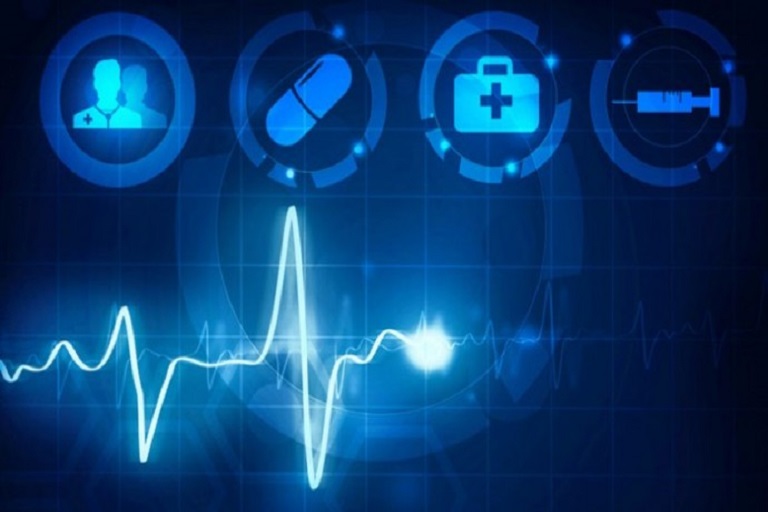Technology is the driving force behind modernization. However, to ensure technology can run properly, healthcare must find and use better security solutions to help doctors fight against the modern cyber threats that exist. There is no industry that is immune to hacking. But, among all sectors, healthcare is a common focus for hackers. This has illustrated how important cybersecurity is for doctors, hospitals, and any other person or business working in this industry.
It is necessary for those working in this sector to use innovative software and tools available to treat and cure patients. The software is also essential for storing, sharing, and retrieving important data about conditions and diseases patients are afflicted with. Now is the time for healthcare businesses to make an investment in network security, which will not only help the companies save money but also lives.
Learn more about the importance of securing your healthcare organization from potential hackers here. Understanding why this is so important can help you validate spending on this to executives at the organization. It will also provide peace of mind for patients, who put a priority on their privacy and protection of their personal information.
Efficiency is Key
Before, physicians could not provide additional time for their patients, mainly because of all the paperwork involved. This was often complex and time-consuming. At this time, doctors had to handle all paperwork manually, which limited the time they had to spend with patients.
Now, though, the world’s population is constantly growing, which makes the ability to handle all this data manually not only difficult but virtually impossible. To make this process more convenient, hospitals and doctors now use databases and cloud-based systems to store this data. All this valuable data has made it more important than ever to secure the networks and database from attacks, ensuring the healthcare organization can continue working efficiently.
Save Money with Cybersecurity Solutions
In the last few decades, the healthcare sector has grown quickly, resulting in doctors becoming more competent. This has also led to these trained professionals being able to deal with and care for more patients in a single eight-hour shift. This change was made possible thanks to all the innovative technology that has been introduced, which reduced the need for so much physical effort from doctors and other healthcare organization staff members.
The internal computer system and cloud-based technology have helped modern healthcare providers share information quickly and easily with other departments, their colleagues, the patient, and anyone else deemed necessary.
It Is Essential for Patients
The healthcare sector must put in safeguards that protect a patient’s personal information. Failure to do this leaves them vulnerable to hackers, which may leak them, resulting in medical fraud and other issues. With cybersecurity, it is possible to keep patient information confidential, which prevents legal issues and helps to prevent cyber-crimes.
Patients also require access to their data to ensure they know what is going on with their treatment and care, along with billing questions they may have.
Leaked Patient Data Can be Expensive for Healthcare Facilities
All healthcare systems need superior cybersecurity in place to prevent patient information from being leaked or stolen. If these details are disclosed from a hospital or another doctor’s office, the cost of law proceedings may result in the end of the organization altogether. Additionally, if a patient’s data is leaked, it can cause the organization to have a bad reputation for the office or hospital, which may make patients reluctant to return.
Technology Is No Longer an Option in the Healthcare Sector
Technology offers an array of benefits that are advantageous for the offices and hospitals where it is used, along with the patients and treatments prescribed. Improved security can help doctors fight potential cyber threats and ensure they offer superior care to their patients. It also makes it possible to share this data with other healthcare providers, ensuring seamless care across the healthcare sector.






























